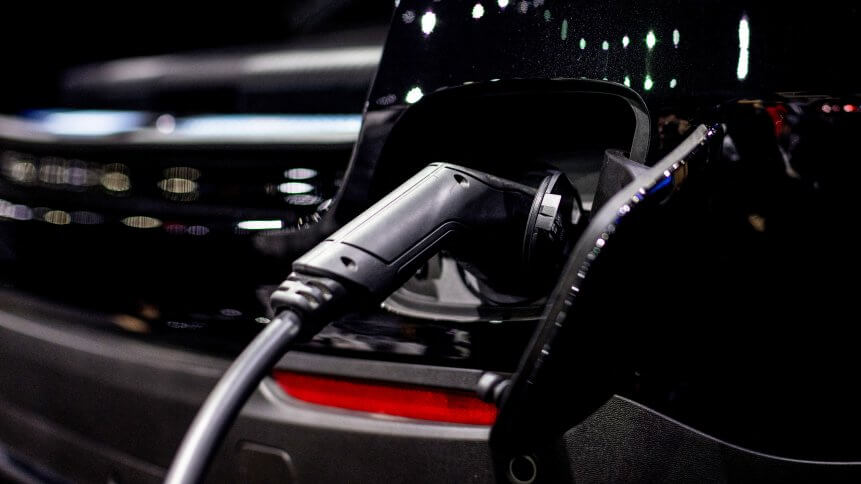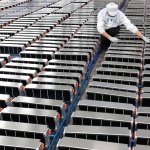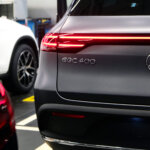Mercedes-Benz is gearing up to go all-electric by 2025

- All of Mercedes-Benz newly launched architectures will be electric only from 2025
- The automaker will however refrain from building EV-only plants, choosing instead to keep production lines flexible to match market demands
- The company will invest over €40 billion into battery electric vehicles between 2022 and 2030
We have reached a point where there is little doubt that the auto industry is going electric. Automakers around the world are introducing battery cars, while increasing their plug-in hybrid options. Some auto companies have even gone to the extent of having a goal of producing only electric cars by a certain year. The most recent to announce so is German automaker Mercedes-Benz.
In the luxury automaker’s effort to accelerate towards an emissions-free and software-driven future, production chief Joerg Burzer in an interview with Reuters recently said Mercedes-Benz expects to have factories exclusively producing electric vehicles by the second half of the decade but will steer clear of building EV-only plants.
In fact, the automaker also foresees some of its production lines within factories switching fully to electric even sooner. “Building a whole new battery-electric vehicle factory takes time. We have taken another approach,” Burzer said. “We will certainly have some lines producing only electric vehicles in the next few years, we will also see whole factories switching to electric — that that is a topic for the second half of the decade.”
As part of its strategy to lay the groundwork to go 100% electric by the end of the decade, the automaker will launch three dedicated all-electric platforms from 2025 onwards. It includes Mercedes-Benz Electric Architecture (MB.EA) which will cover all medium to large size passenger cars, establishing a scalable modular system as the electric backbone for the future EV portfolio.
Then there will also be AMG.EA, its own electric platform which will be a dedicated performance electric vehicle platform addressing technology and performance-oriented Mercedes-AMG customers. The third architecture would be VAN.EA, a platform for vans and light commercial vehicles, which will contribute to emission-free transportation and cities in the future.
For last year’s sales, only 2.3% of Mercedes-Benz Cars’ sales were battery-electric vehicles, whereas plug-in hybrids, which have both an engine and a battery, represented 11% of the sales. By 2025, it expects electric and hybrid electric cars to make up 50% of sales, with all-electric cars expected to account for most of that.
YOU MIGHT LIKE

Why the Battery Passport will matter for electric cars
When the German luxury carmaker first announced its electric goals, the company shared that by this year, it will have battery electric vehicles (BEV) in all segments the company serves. Then by 2025 onwards, all newly launched vehicle architectures will be electric-only and customers will be able to choose an all-electric alternative for every model the company makes.
“With regard to cell manufacturing, Mercedes- Benz intends to team up with new European partners to develop and efficiently produce future cells and modules, a step which ensures that Europe remains at the heart of the auto industry even in an electric era,” the statement reads. When speaking to Reuters, Burzer said that the company’s battery assembly and production could be brought nearer to car plants in the near future.
Mercedes-Benz will also work with partners like SilaNano to further increase energy density by using silicon-carbon composite in the anode, for its next-gen batteries. “This will allow for unprecedented range and even shorter charging times. When it comes to solid-state technology, Mercedes-Benz is in talks with partners to develop batteries with even higher energy density and safety,” the company said in the statement.
To top it off, Mercedes-Benz also plans to install a new battery recycling factory in Kuppenheim, Germany, to develop and secure recycling capacity and know-how. It expects to start operations in 2023, depending on the outcome of discussions with public authorities.









